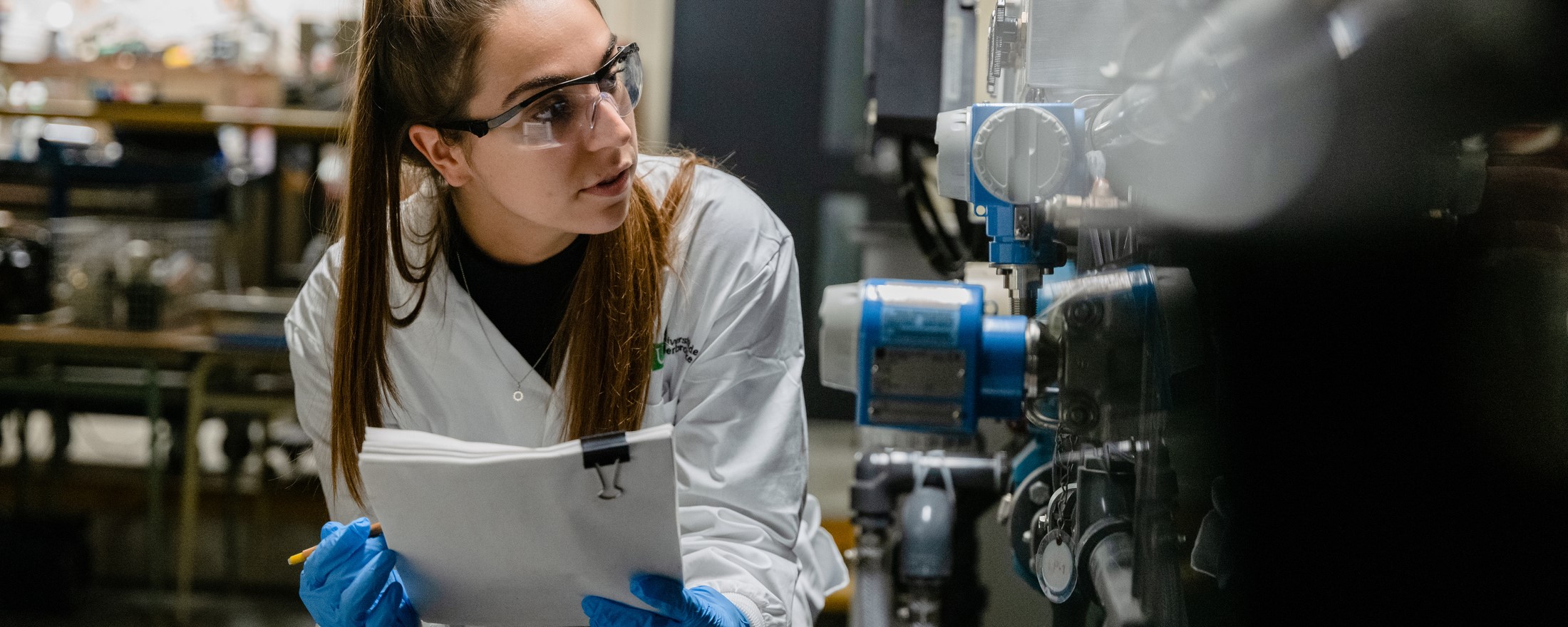Répertoire des spécialistes
Vous cherchez une professeure ou un professeur pour encadrer votre projet de recherche à la maîtrise ou au doctorat? Vous avez besoin d'un avis d'expert pour démarrer un projet innovant? Vous souhaitez trouver une ressource pour couvrir le sujet de l'heure dans l'actualité? Le Répertoire des spécialistes présente nos professeures et professeurs selon leurs spécialisations. Votre recherche de spécialistes commence ici!
Trouver un spécialiste
Liste des résultats de recherche
Les informations disponibles dans le Répertoire des spécialistes sont tirées principalement d'ORCID. Elles pourront apparaître en français ou en anglais, ce qui peut influencer les critères de recherche.
Vous êtes professeure ou professeur à l'UdeS et désirez voir apparaître votre profil?
